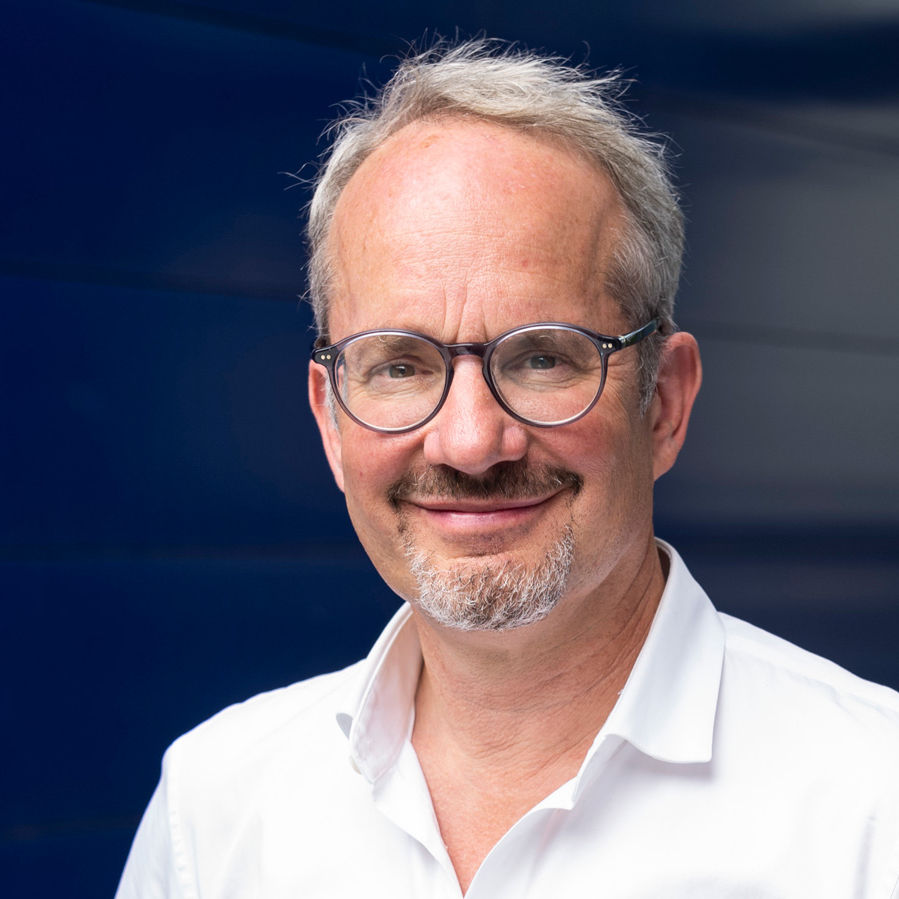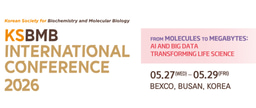Anthony Hyman: "...the realization of phase separation as a critical organizing principle in cellular biology has transformed the field."


Anthony A. Hyman is a director at the Max Planck Institute of Molecular Cell Biology and Genetics, Dresden, Germany. He has made significant contributions to molecular and cell biology, particularly in understanding the mechanisms of cell division and cell compartmentalization. Perhaps his two most notable achievements include utilizing RNA interference to map various nuclear and cytoplasmic processes and discovering that compartments in cells can form via phase separation. His expansive body of work has also illuminated fundamental interworkings of protein complexes and cellular structures like the mitotic spindle, centrioles and P granules. Currently his research is aimed at exploring how phase separation of intrinsically disordered proteins may drive neurodegenerative diseases including ALS.
What drew you to your research field?
From the time I was a child, I was always fascinated by how things worked. When I took a cell biology course at university, I was suddenly exposed to all these machines in the cell and wanted to work on them. Later I opened the 3rd edition of E.B. Wilson’s famous book published in 1925, The cell in development and heredity, and found all these unanswered questions. For me, reading that book was like when Carter looked into Tutankhamun’s tomb and remarked on the wonderful things he saw.
What do you consider the most formative phase of your research career?
The formative phase for me was my postdoc in the USA. Here I was introduced to quantitative cell biology by my mentor Tim Mitchison. UCSF (University of California San Francisco) at the time was a hive of activity and that desire to explore the unknown never left me.
What do you see as the most important developments in your field in the past 10 years?
Over the past decade, the realization of phase separation as a critical organizing principle in cellular biology has transformed the field. The ability to link molecular dynamics to cellular and developmental processes has provided a framework to investigate how biochemical and biophysical principles intersect in living systems.
What’s exciting or challenging in your research area right now?
It is exciting to see the growing interdisciplinary collaborations that combine biophysics, molecular biology, and computational modelling to unravel the dynamic nature of cellular organization. The ability to visualize and manipulate phase-separated structures in real time offers transformative potential. The key challenge is molecular specificity. Where does it come from if interactions of molecules in a liquid are so transient?
What’s currently your favourite technique?
One of my favourite techniques at the moment is MINFLUX nanoscopy. This method combines the precision of fluorescence localization microscopy with the efficiency of minimal photon fluxes, enabling resolutions down to the angstrom scale. MINFLUX is particularly exciting because it allows unprecedented visualization of molecular dynamics and interactions within biomolecular condensates. Its ability to track individual molecules with nanometer-scale precision in real-time provides invaluable insights into the dynamic organization and function of phase-separated structures within cells. This technique is revolutionizing our understanding of cellular organization at a previously inaccessible level of detail.
What aspects of your life as a researcher do you most enjoy?
I enjoy the intellectual freedom to explore new ideas and the collaborative nature of scientific discovery. Mentoring young scientists and witnessing their growth is particularly fulfilling. Basically I am paid to come in every day and satisfy my curiosity. Beyond my own research group, I have enjoyed serving on advisory boards of institutes. I love visiting other places and exchanging ideas.
What do you see as the key ingredients for successful research collaborations?
Honesty, generosity, mutual respect, clear communication, and complementary expertise are the foundations of any successful collaboration.
What do you see as the main changes in the way researchers work in the past 10 years?
I think the rise of agents such as ChatGPT is the most amazing difference. This is revolutionizing how we work because it is so easy to have concise summaries of the overwhelming amount of knowledge that exists.
How can research scientists find a reasonable work–life balance?
Balance requires setting boundaries, prioritizing effectively, and recognizing that taking care of oneself is essential for sustained productivity and creativity. The crucial thing is that only you know how busy you are or how you are feeling. Others ask you to do things, but only you can say no. A firm and quick no is always appreciated. I also find setting goals outside work helps. I play the flute and find preparing for concerts a way to fight the constant requests on my time from work. The thought of playing badly in front of an audience concentrates one’s mind wonderfully!
Lab webpage: https://www.mpi-cbg.de/research/researchgroups/currentgroups/anthony-hyman/research-focus
Two recent/key papers:
Brangwynne, C.P. et al. (2009) Germline P granules are liquid droplets that localize by controlled dissolution/condensation. Science 324, 1729–1732. https://doi.org/10.1126/science.1172046
Wang, J. et al. (2019) A molecular grammar governing the driving forces for phase separation of prion-like RNA binding proteins. Cell 174, 688–699. https://doi.org/10.1016/j.cell.2018.06.006
More information on the EMBO Lecture at the 49th FEBS Congress
Anthony Hyman will deliver the EMBO Lecture at the 49th FEBS Congress in Istanbul, Türkiye on Monday 7th July 2025 on ‘Phase separation in cell physiology and disease’: 2025.febscongress.org/
Top image of post: by Pete Godfrey on Unsplash





Join the FEBS Network today
Joining the FEBS Network’s molecular life sciences community enables you to access special content on the site, present your profile, 'follow' contributors, 'comment' on and 'like' content, post your own content, and set up a tailored email digest for updates.
Thank you for your great contribution to FEBS, Tony. It was a pleasure to meet you in person in Istambul.
Irene